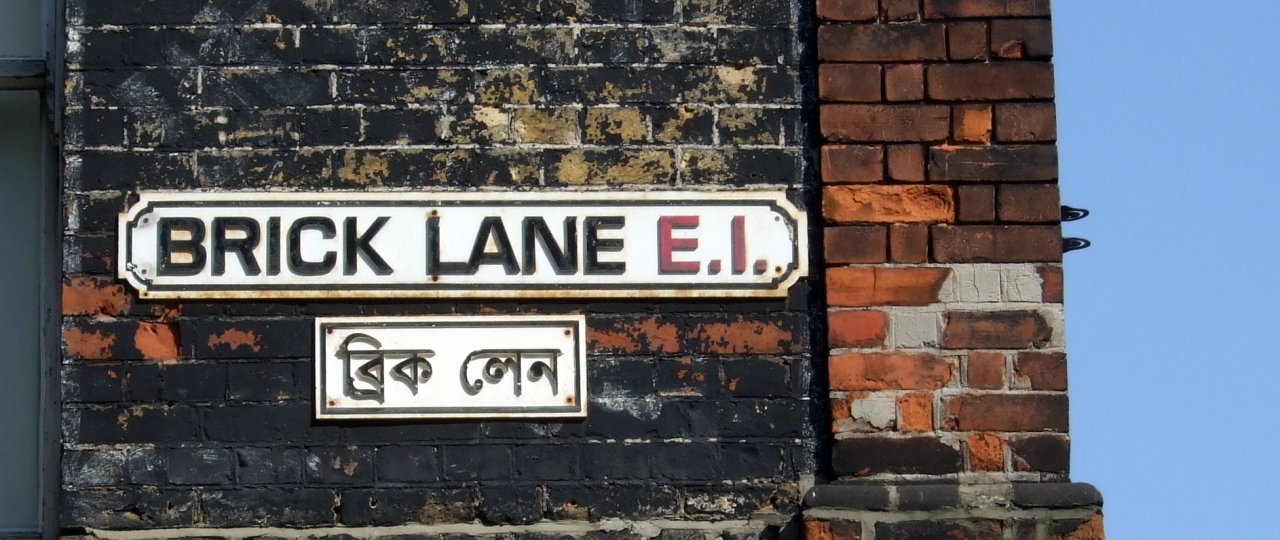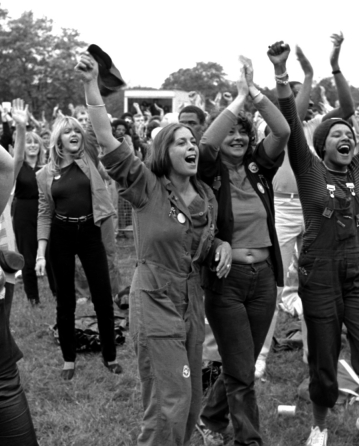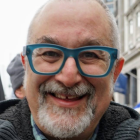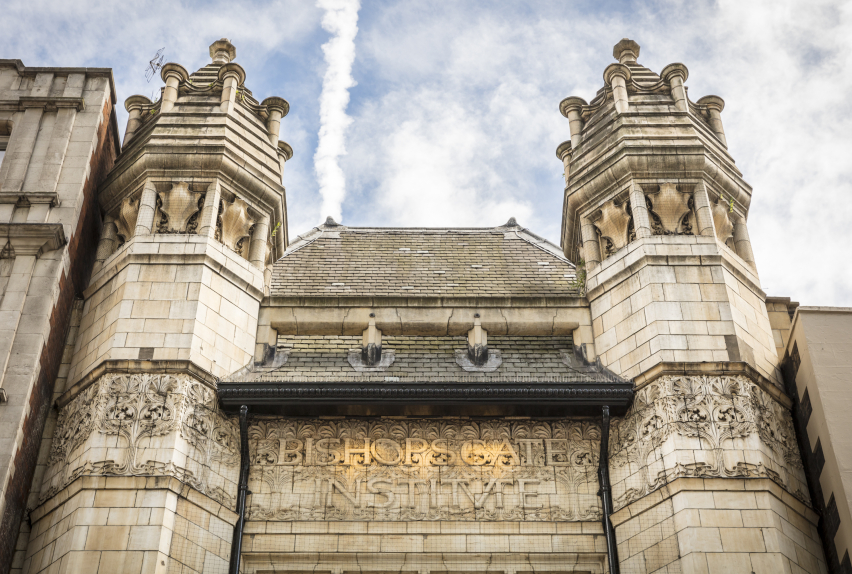
Walking Tour - The Battle of Brick Lane
This walking tour will take place in person, and will start at the entrance to Altab Ali Park, corner of Whitechapel Road and White Church Lane.
Decline on the docks, a changing population, renewed fascist activity, and blood on the streets. There were struggles around housing and schooling. Old problems of poverty and exploitation deepened. But new cultural expressions emerged, as well as a new energy and desire for progress, spearheaded particularly by young Bengali immigrants. Brick Lane and the surrounding areas became the focal point of many changes, and a battleground where many issues were fought out. This walk takes you through the streets where these events took place, and you will learn about this tumultuous decade and the personalities involved.
Who is this tour for?
- People interested in London’s social history, and especially East End history
- People interested in racism, fascism and community relations and the experience particularly of the Bengali-speaking population that grew within the East End primarily in the Brick Lane area
- People keen to learn how resistance to racism and fascism developed in the 1970s, and its legacy today.
Will I need any equipment or materials?
You will need comfortable shoes suitable for taking part in a 2-hour walk (with several stops), and water for refreshment. At the end of the walk, your tutor will provide a handout of key points.
Practical information
We regret that, due to the nature of the route, this tour is not accessible to anyone who uses a wheelchair or who is unable to use steps or stairs.

Sign up to our newsletter
Be the first to learn about our latest events, courses, and collections
Need to Know
Metadata
- Time
- 11:00 - 13:00
- Price
- £14.00 / £11.00 conc.
- Day
- Saturday
- Duration
- 120
- Venue
- Walking Tour
- Tutor
- David Rosenberg
- Max Students
- 20
- No. of Sessions
- 1
You will learn
- About the changing composition of the community in the Brick Lane area in this decade and the struggles the community experienced
- About the revival of fascist activity in the area and the everyday experiences of racism in the 1970s
- How local communities responded to issues
- The result of efforts to strengthen community cohesion, and the legacy they leave us today.
Meet the Tutor

David Rosenberg
David Rosenberg is an educator, writer, and tour guide of London’s radical history who has taught at Bishopsgate Institute and other adult education institutions for several years. He is a grandchild of Yiddish-speaking Jewish immigrants from Poland and Ukraine who settled in the East End of London. In the 1980s he worked for projects and organisations concerned with race equality, including the Runnymede Trust.
David Rosenberg is the author of Battle for the East End (2011) and Rebel Footprints (2nd edition 2019), and has written articles on London’s social history and current affairs for various print and online publications, including the Guardian, New Statesman, Time Out, Jewish Quarterly, and Channel 4’s History website.
